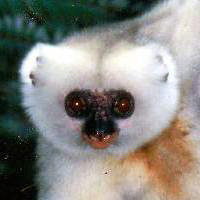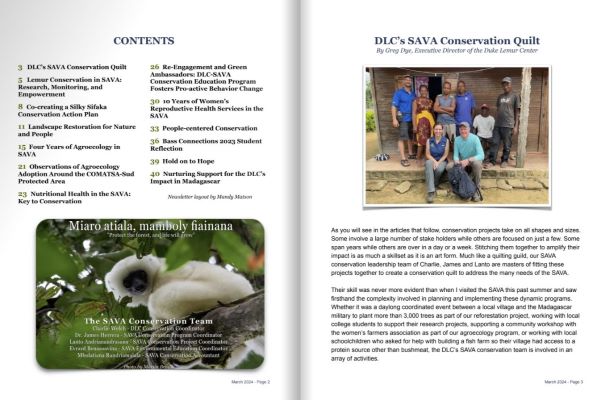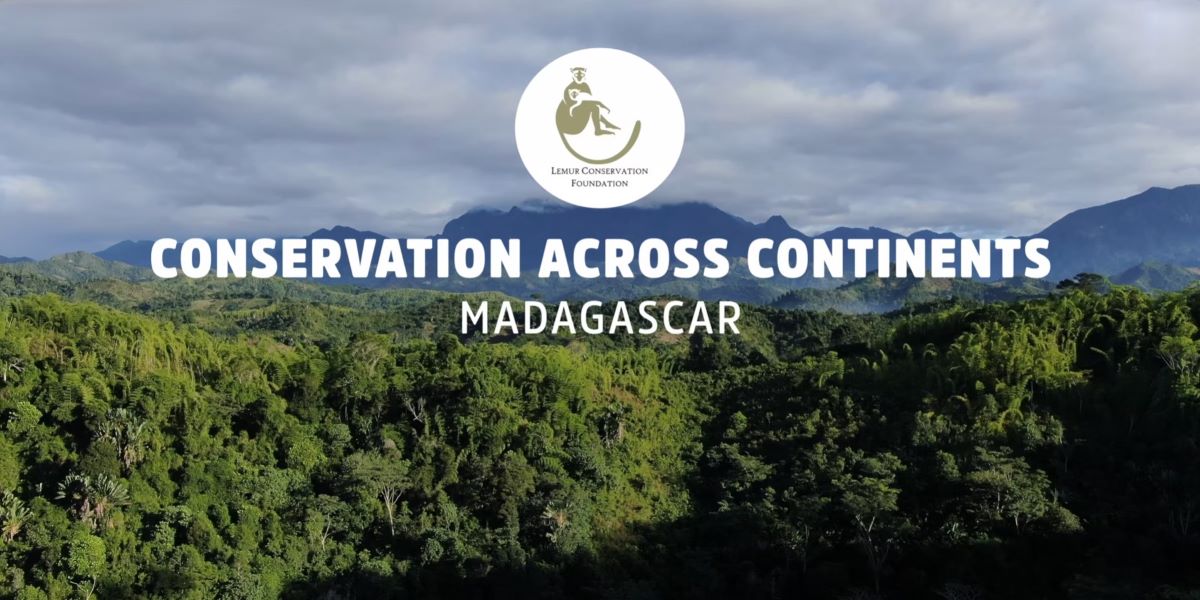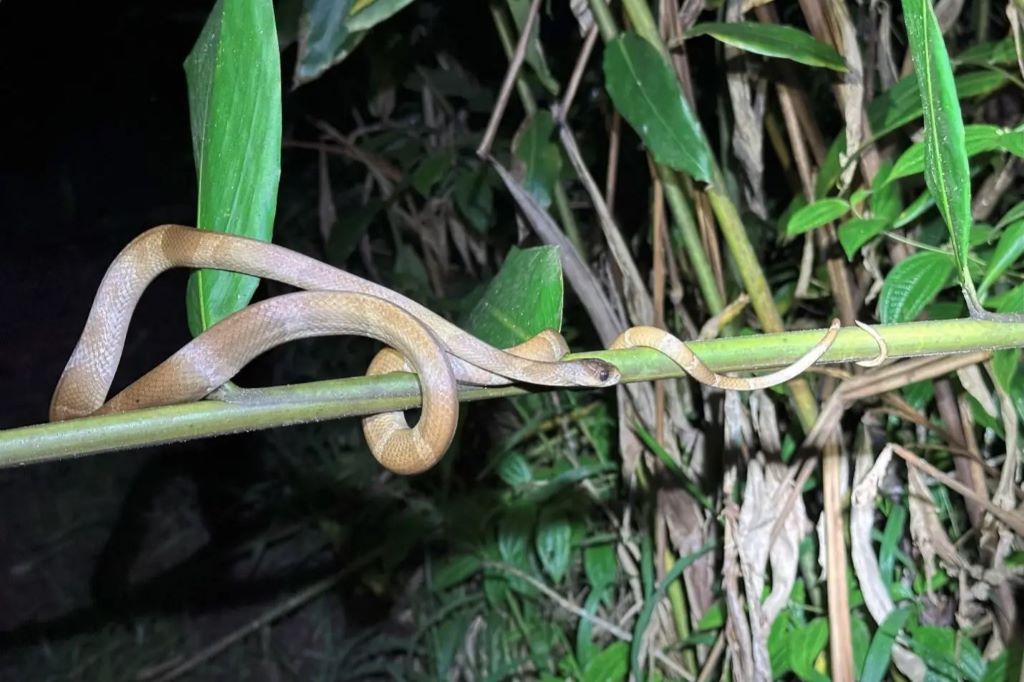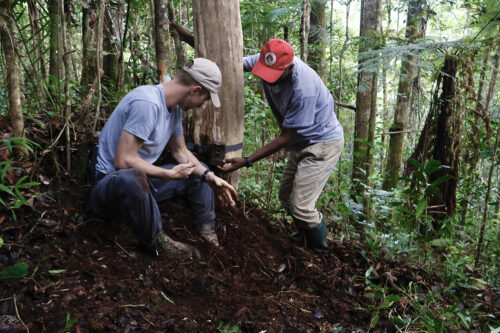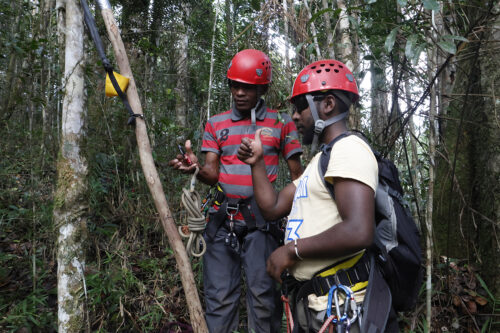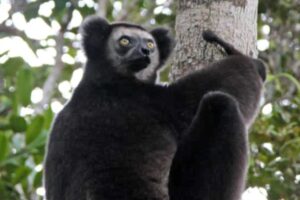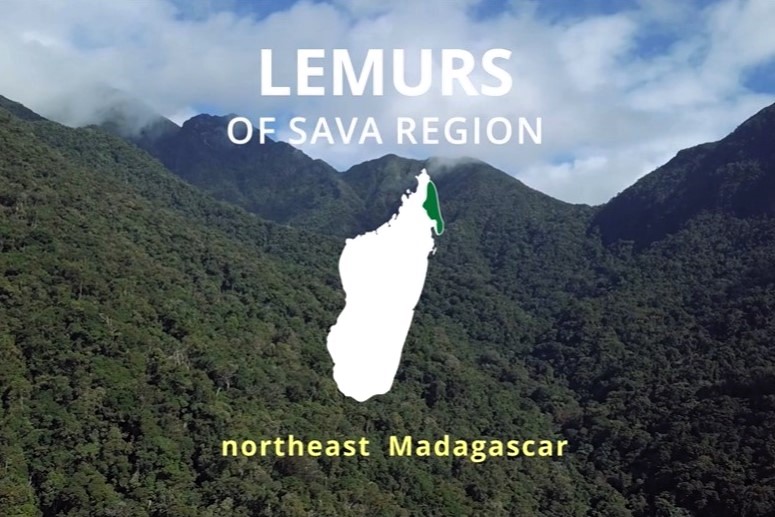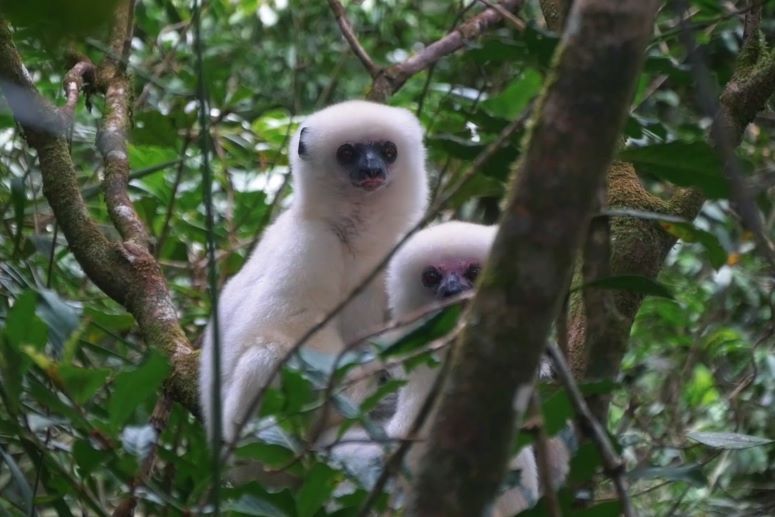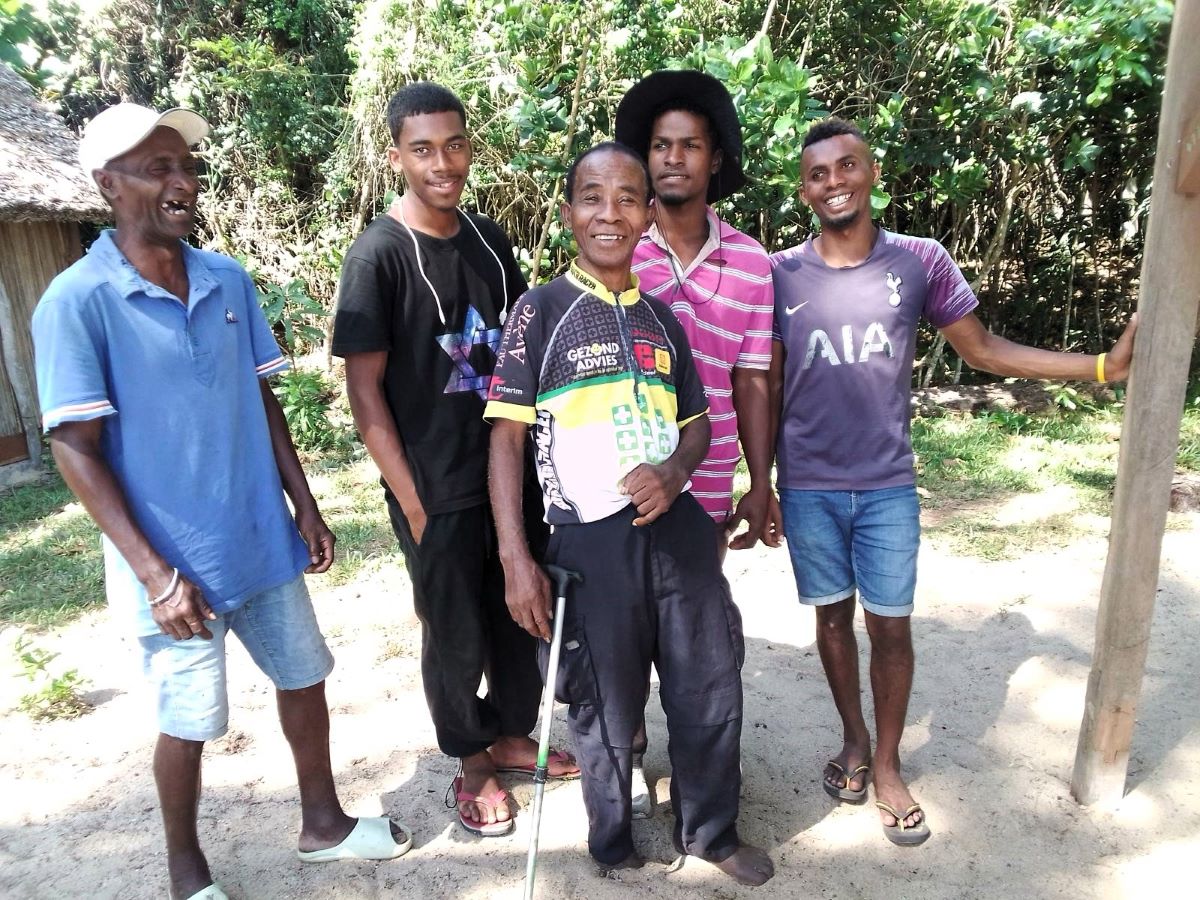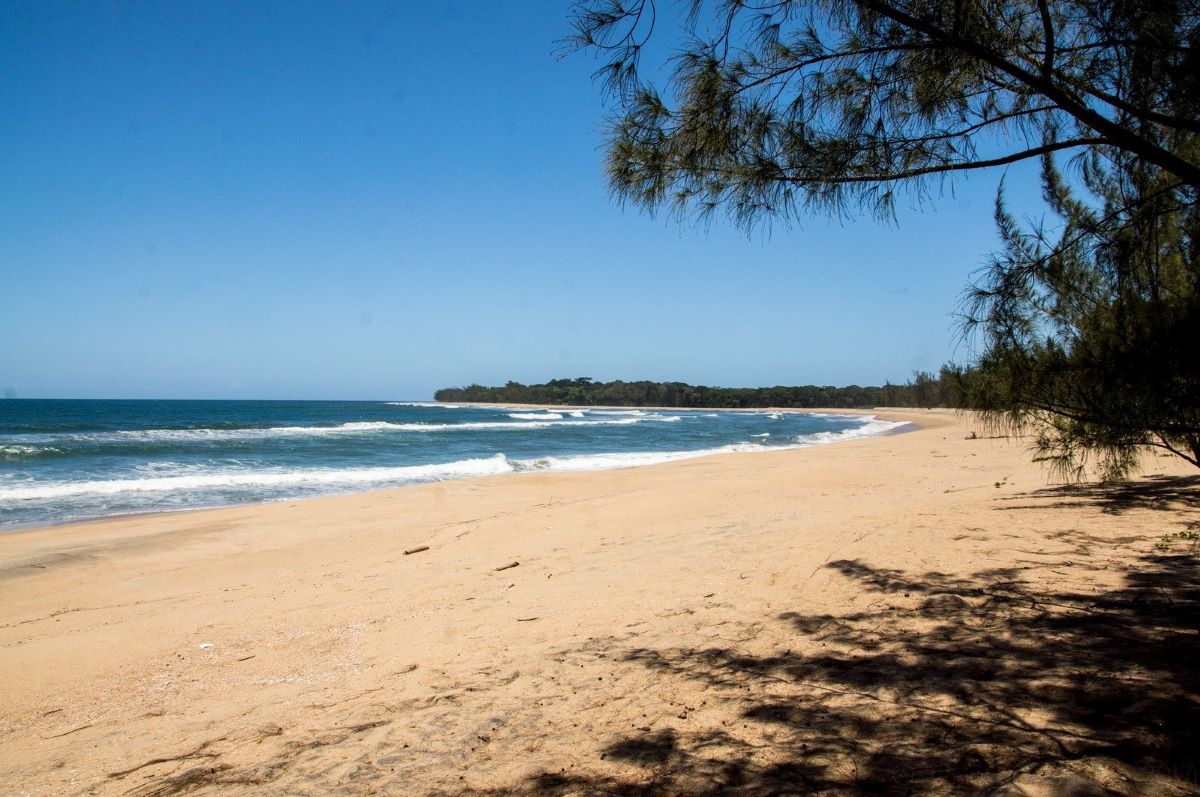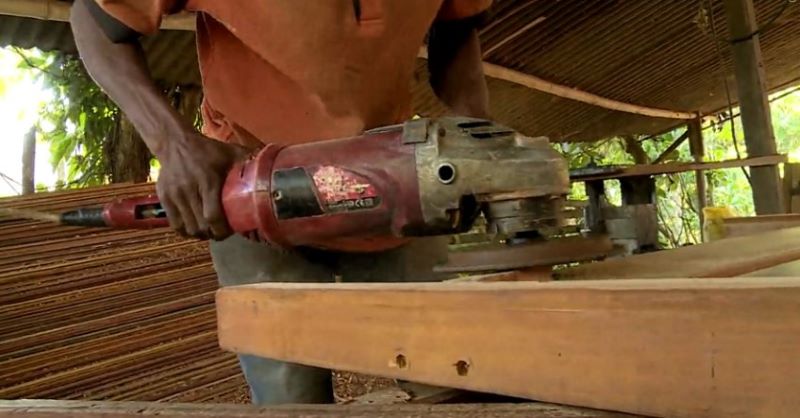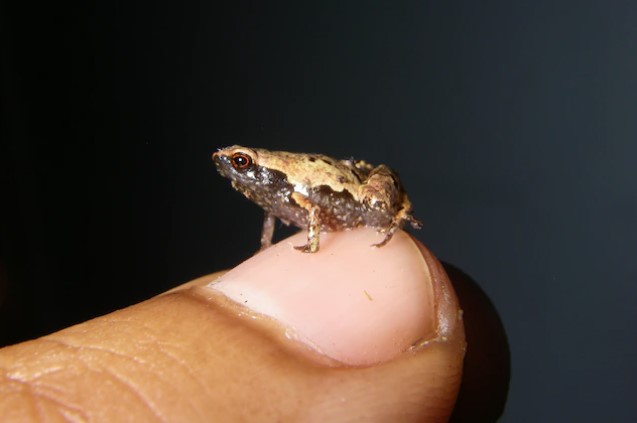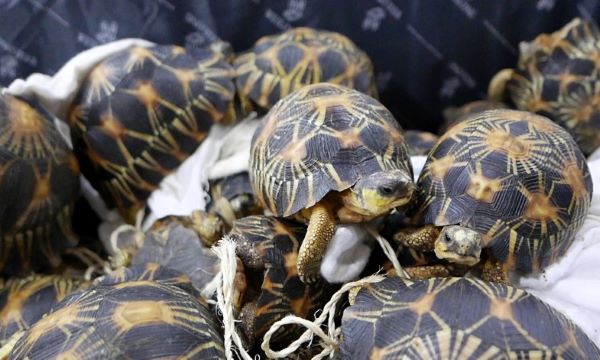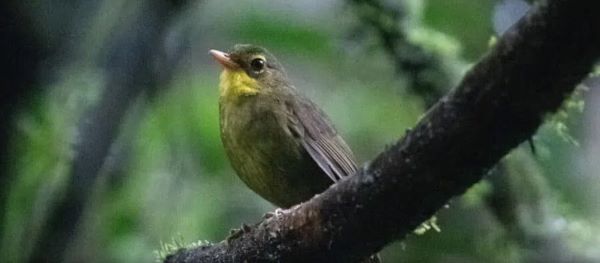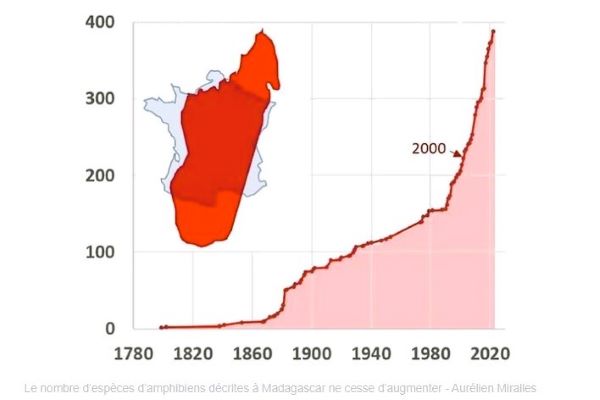Another superb video from Duke Lemur Center – SAVA Conservation.
“A multidisciplinary team of researchers has been studying the complex relationships between people, plants and lemurs in COMATSA (a protected area near Marojejy and Anjanaharibe-Sud in the SAVA region). Researchers from local communities, Duke University, Duke Lemur Center, CURSA (the regional university of SAVA), and the University of Antananarivo are working together to study why these relationships are important and how environmental changes can alter essential ecological interactions. By integrating lemur studies, botanical plots, seed dispersal experiments and local ecological knowledge, the team hopes to advance the understanding of forest ecology and conservation in COMATSA.”
